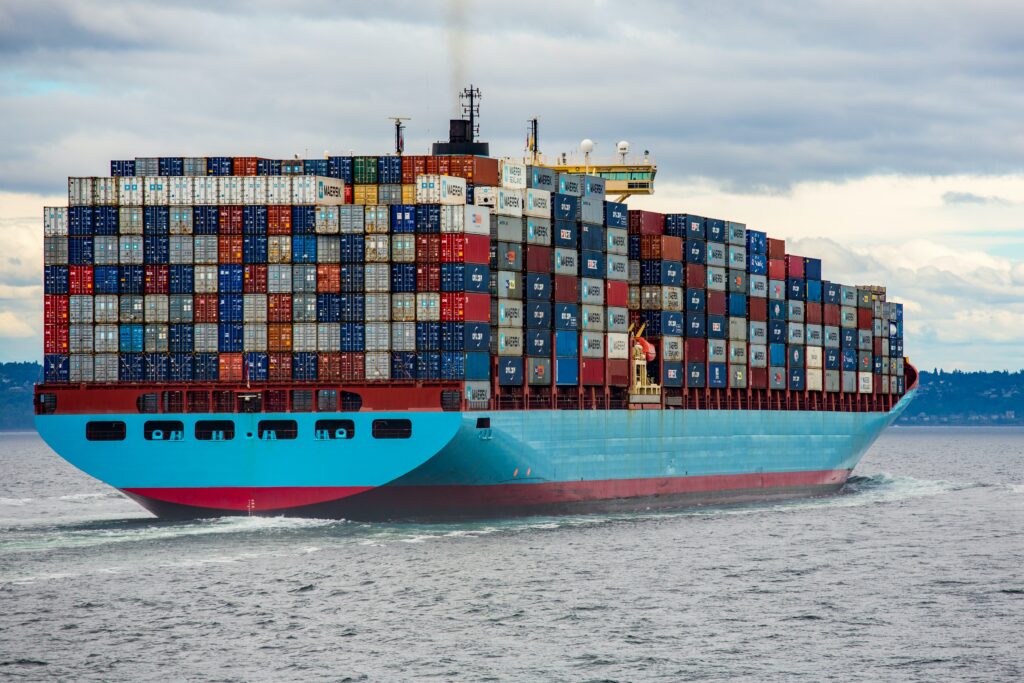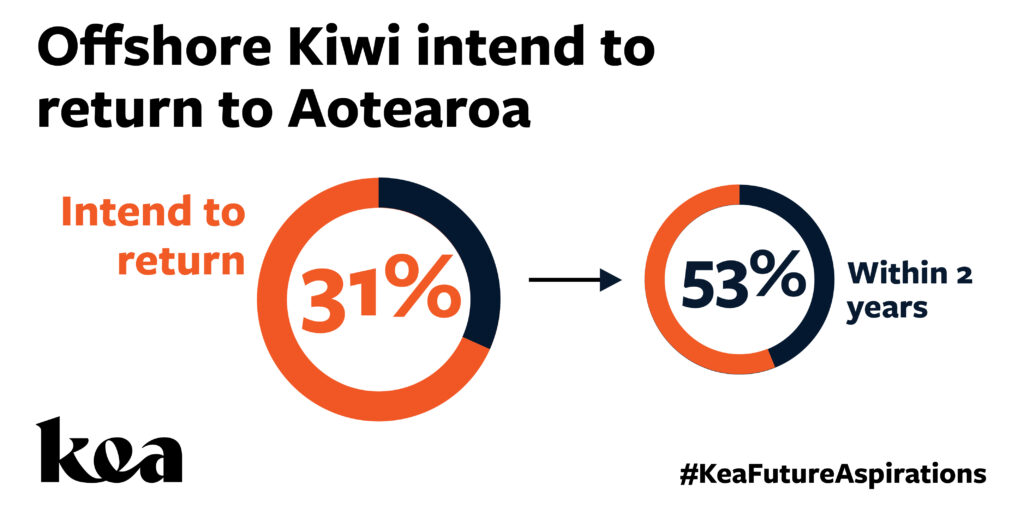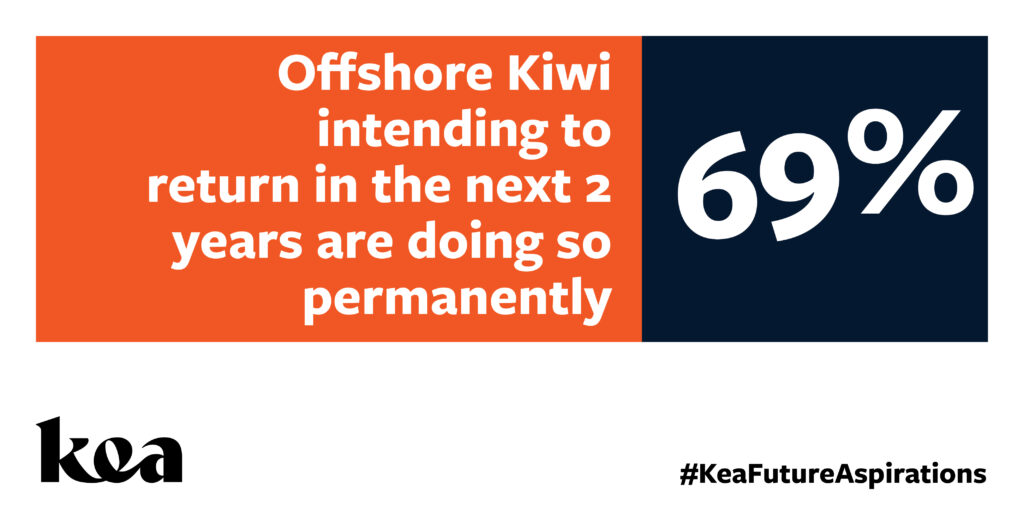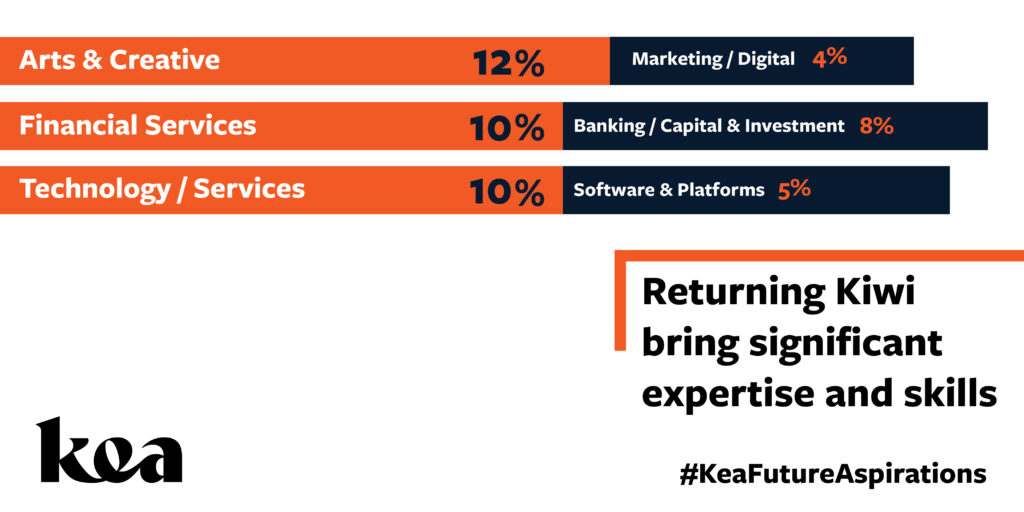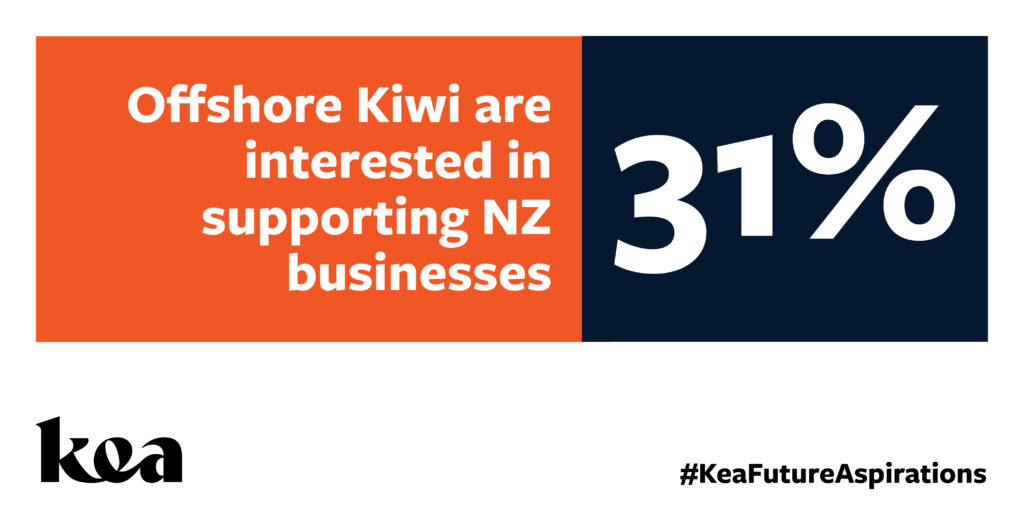Daimler and Volkswagen are making solid headway with their electrification plans as they belatedly attempt to catch up with Elon Musk, but they will need to overcome a variety of challenges if their future is to be assured. With Tesla’s first European factory to be opened in Berlin later this year, things aren’t about to get any easier!Despite increasing unit sales, the automotive industry is still facing significant challenges posed by supply bottlenecks, a dependence on the Chinese market, and expansion of the EV charging infrastructure lagging behind market growth.
German automobile manufacturers have traditionally purchased components from a multitude of different partners, using their purchasing departments to pressure suppliers into ever lower pricing. Delivery chain difficulties caused by COVID have brutally exposed the risks of this approach, as shortages of key components have meant that some manufacturers have been forced to prioritise their highest margin vehicles, leaving higher volume, lower margin models unfinished.
The much more self-sufficient Tesla has been better able to take advantage of increased demand over the last couple of years as consumers unable to enjoy international holidays due to COVID restrictions have looked to treat themselves to a new car.
In the “good news” department, the EV subsidies started in 2016 that have been so helpful in overcoming consumer reluctance and kick-starting electric vehicle demand here in Germany have been extended, with the current subsidies of up to €9,000 per vehicle scheduled to remain in force until 2025.
Whereas Volkswagen and BMW have set themselves a target for at least 50 percent of new global car sales to be electric by 2030, Porsche expects that 80% of its vehicles will be at least partially electric by 2030, and Daimler predicts that by 2030 they will be 100% electric in markets where that is feasible. Opel is targeting 100% electric cars in Europe by 2028, and Audi are planning to be 100% electric by the early 2030s.
When it comes to charging infrastructure, the chasing pack is still a long way behind Tesla and their European network of more than 600 charging stations, but IONITY — a joint venture between BMW, Daimler, Ford, Hyundai, and Volkswagen — now operates a network of more than 400 fast-charging stations across 24 European countries and has plans to increase this number to 1000 by 2025.
If the ambitious EV sales targets are to be achieved, the manufacturers will need to work ever more closely with each other and the public sector to ensure that the EV charging infrastructure is radically expanded to support this massive increase in the number of vehicles.

 MENU
MENU




